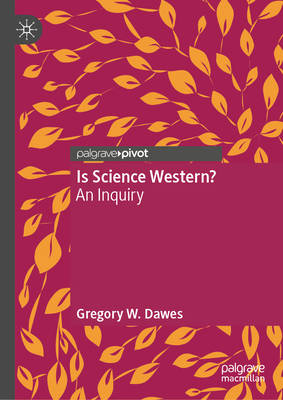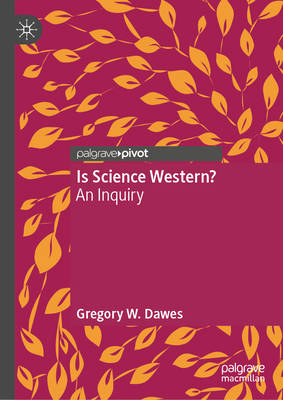
- Afhalen na 1 uur in een winkel met voorraad
- Gratis thuislevering in België vanaf € 30
- Ruim aanbod met 7 miljoen producten
- Afhalen na 1 uur in een winkel met voorraad
- Gratis thuislevering in België vanaf € 30
- Ruim aanbod met 7 miljoen producten
Zoeken
Omschrijving
This book explores the question to what extent science is Western, whether in origin or by character. It aims to contribute to the debate regarding the relative status of local forms of knowledge (such as those found among indigenous peoples) and modern science. Advocates of local ways of knowing often contrast them with what they call Western science. Their opponents, on the other hand, insist that modern science is not merely Western, but universal. But there has been little discussion about what it would mean for science to be Western, let alone what evidence there is in support of the idea. The present book fills this gap, offering a middle path between what have become polarized views. Is Science Western? is essential reading for scholars, researchers and advanced students of the philosophy of science and of epistemology. It is also ideal for scholars of indigenous knowledge within postcolonial studies.
Specificaties
Betrokkenen
- Auteur(s):
- Uitgeverij:
Inhoud
- Aantal bladzijden:
- 102
- Taal:
- Engels
Eigenschappen
- Productcode (EAN):
- 9783032106407
- Verschijningsdatum:
- 15/01/2026
- Uitvoering:
- Hardcover
- Formaat:
- Genaaid
- Afmetingen:
- 148 mm x 210 mm
- Gewicht:
- 245 g

Alleen bij Standaard Boekhandel
+ 85 punten op je klantenkaart van Standaard Boekhandel
Beoordelingen
We publiceren alleen reviews die voldoen aan de voorwaarden voor reviews. Bekijk onze voorwaarden voor reviews.







